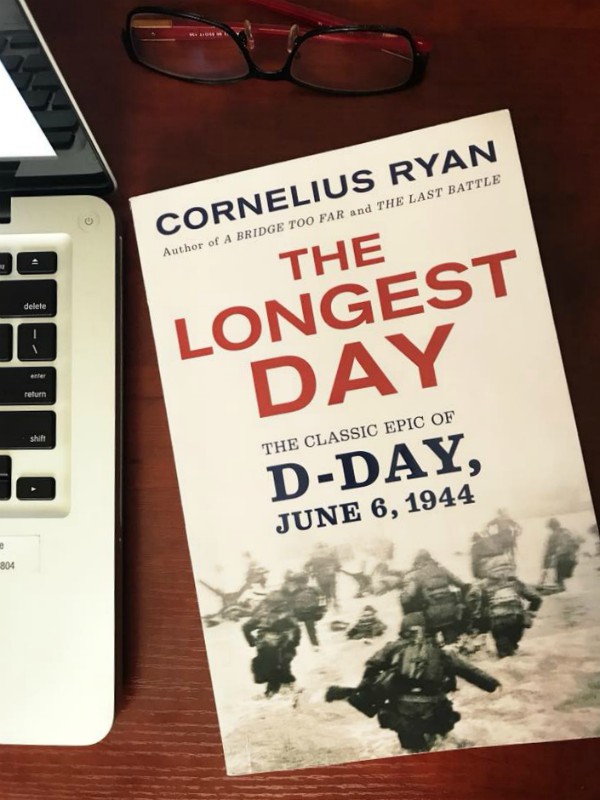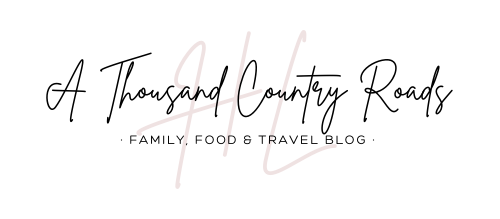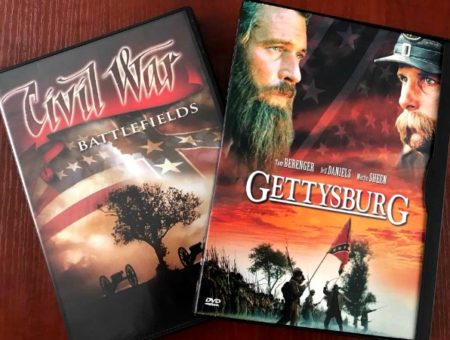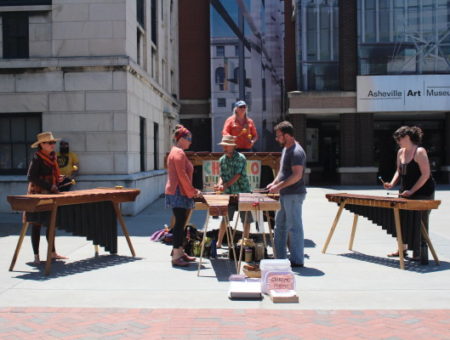Once again, I’ve been wrapped up in reading and watching movies about books I’ve read. And just recently, there was a docu-series on the Sundance Channel, “Cold Blooded: The Clutter Family Murders,” marking the 50th anniversary of the famous movie based on Truman Capote’s non-fiction novel In Cold Blood. Then Sundance broadcast a digitally restored version of the film following the docu-series.

It was interesting to see the movie again but even more interesting was the two-part documentary. I learned more from it than I’d ever come to know after seeing the original movie several times and reading the book. And, but of course, I had to read the book again to refresh my memory even more.
TRUMAN CAPOTE
Some critics considered In Cold Blood the original non-fiction novel. But it was Tom Wolfe, the journalist and author of The Right Stuff – not Thomas Wolfe, the author of Look Homeward Angel – who proclaimed that a “new journalism” had been born in the previous decade of the 60’s. He felt that New Journalism was “not only trampling on the flower gardens of the craft’s more sober practices but stomping upon the topiary gem of American letters: the Big Novel.”
Truman Capote himself was a novelist, not a journalist, but In Cold Blood was considered a work of new journalism as well as a non-fiction novel. But even though such authors as Tom Wolfe, Gay Talese, Hunter S. Thompson and then Capote had created this new wave of writing, there’s one author I feel has been ignored that possibly himself actually created this new form of literary work: Cornelius Ryan.
CORNELIUS RYAN
In 1957 he began research on a book which was published in 1959 called The Longest Day, the story of D-Day, the invasion of occupied Europe. Ryan himself was a journalist and had actually flew over the beaches of Normandy on D-Day before he returned as a war correspondent covering General George S. Patton’s Third Army until the end of the war before transferring to the Pacific theater.
But after a 1949 trip to Normandy, Ryan became interested in telling a more complete story of D-Day and began his research, conducting over 1000 interviews as he gathered stories from both the Allies and the Germans, as well as the French civilians. The book that came from that extensive research told the story in a personal way, in verse unlike that of a usual history book, making it, to me, more in the line of either a non-fiction novel or new journalism. On its publication, the book was an instant success, later leading to a blockbuster movie with an all-star cast, with a screenplay that he helped write. And it too is a book and movie that I enjoyed as a kid, probably the first occurrence of a book/movie event in my life, one that has happened many times since.
Ryan wrote a couple of other WWII books in this vein, The Last Battle and A Bridge Too Far. But he himself had to wage his own “last battle” which was documented after his death by his wife in the book A Private Battle that she wrote using, along with a journal she’d kept, tapes he’d made without her knowledge, detailing his battle with prostate cancer. And this tale needs no fancy moniker such as “Non-fiction Novel” or “New Journalism” because it’s simply a story of love and courage, something Ryan himself had chronicled so well in his books about men at war.
THE LONGEST DAY
Ironically, at this very moment I’m re-reading another book after once again watching the movie that came from it, Exodus, by Leon Uris. And next on my to-do list of reading and watching is once again The Longest Day. Just recently, I bought a new copy of the book for my son because he had a project to write a paper and he’d chosen D-Day as the subject. I had to get a new copy because the paperback copy I had originally bought for 65¢ way back in the early 60’s had went the way of the recycling bin, totally falling apart from me having read it over a dozen times. And hopefully, over the next 50-years, this new copy of the book will meet the same fate after my son wears it out.





This was such an interesting read. I’ve always wanted to read In Cold Blood. I’ve wanted to read all of these, actually.
It’s a chilling book though much controversy surrounds it, as you would see if you watched the docu-series about it.
I like WWII history. The Longest Day would be right up my alley to read. I’ll have to check it out.
It’s definitely a classic read if you’re a history buff. And “A Bridge Too Far” is a must read about a totally screwed-up operation. And the movie is definitely a must-see, just like “The Longest Day” movie it has an all-star cast.
I read In Cold Bold what seems like a billion years ago. Might be interesting to read it again. The Longest Day looks like a movie I’d enjoy seeing.
I’ve never heard of this book before, but it sounds like a good one. We’ll be traveling soon, so I’m gonna check it out. Thanks for sharing.
I read In Cold Blood Twice, once in High School and the other for a College Course, I have never gone back to re-read that title again, it was chilling enough!